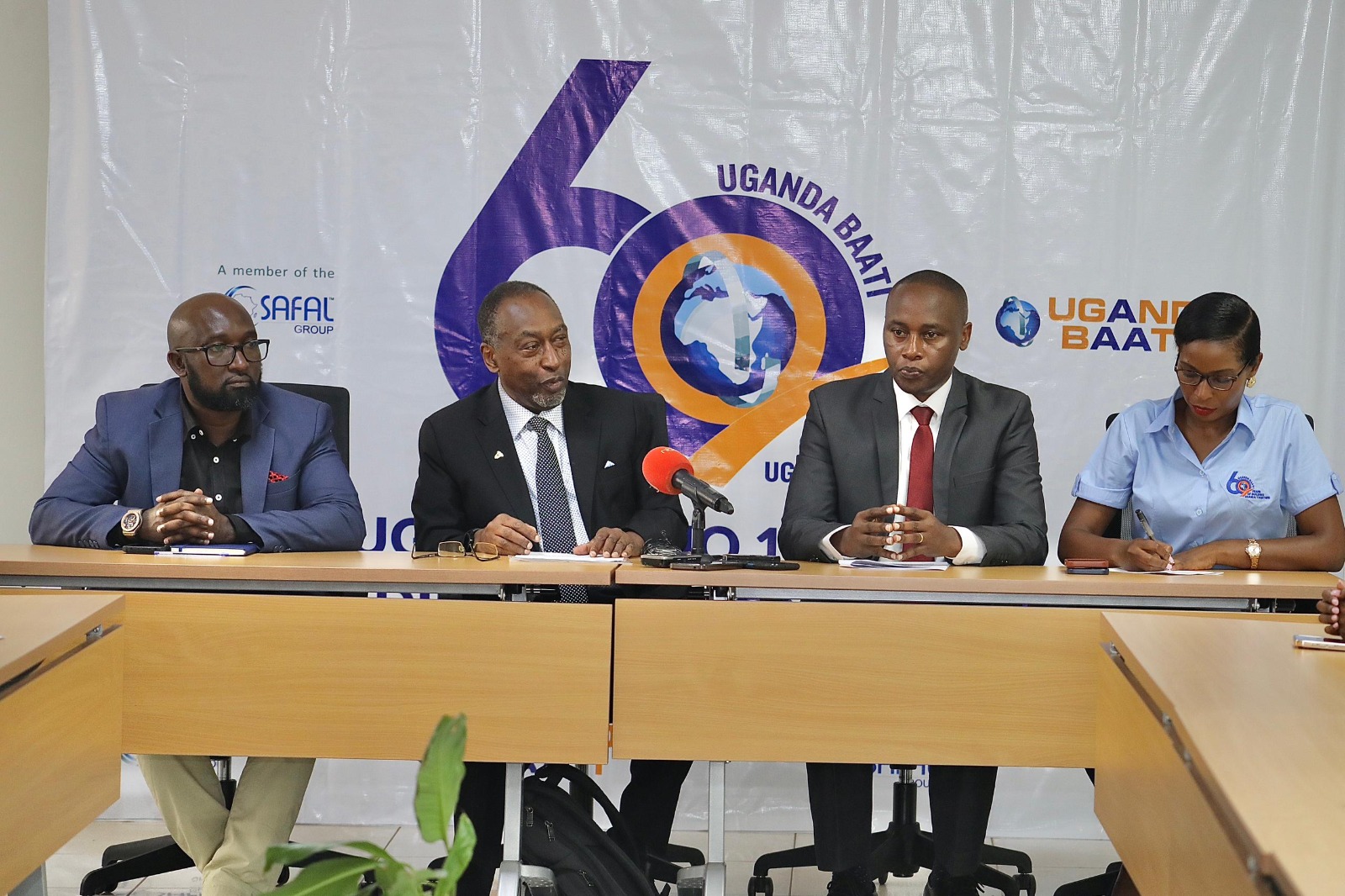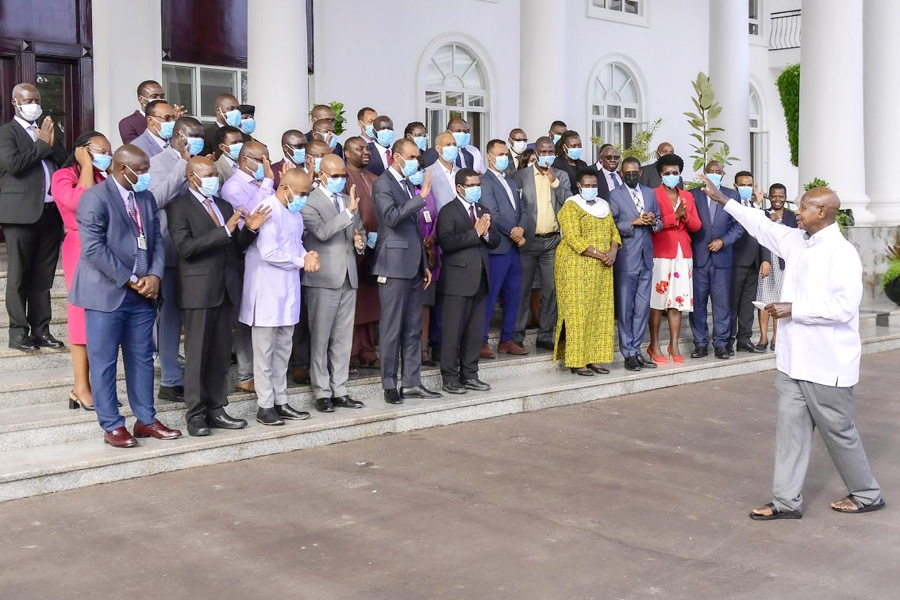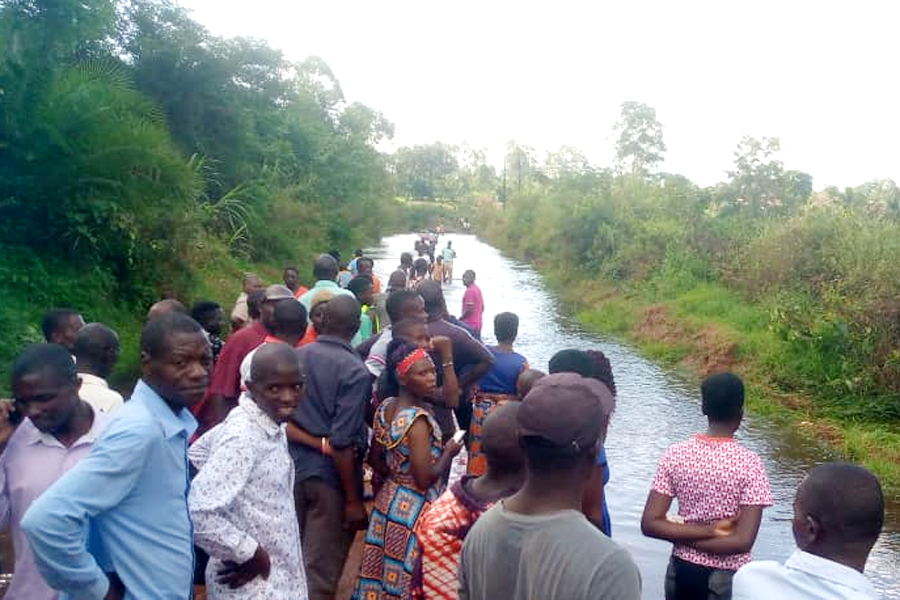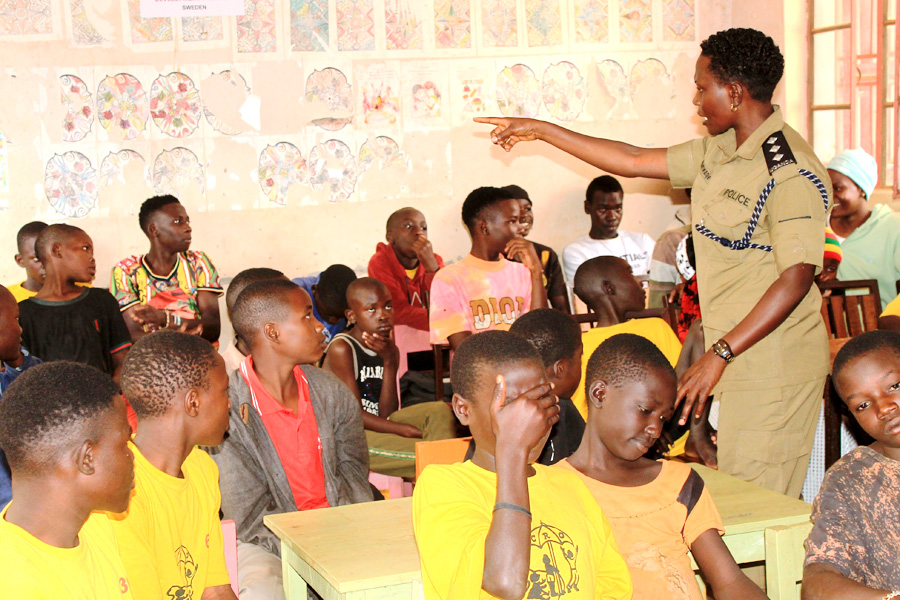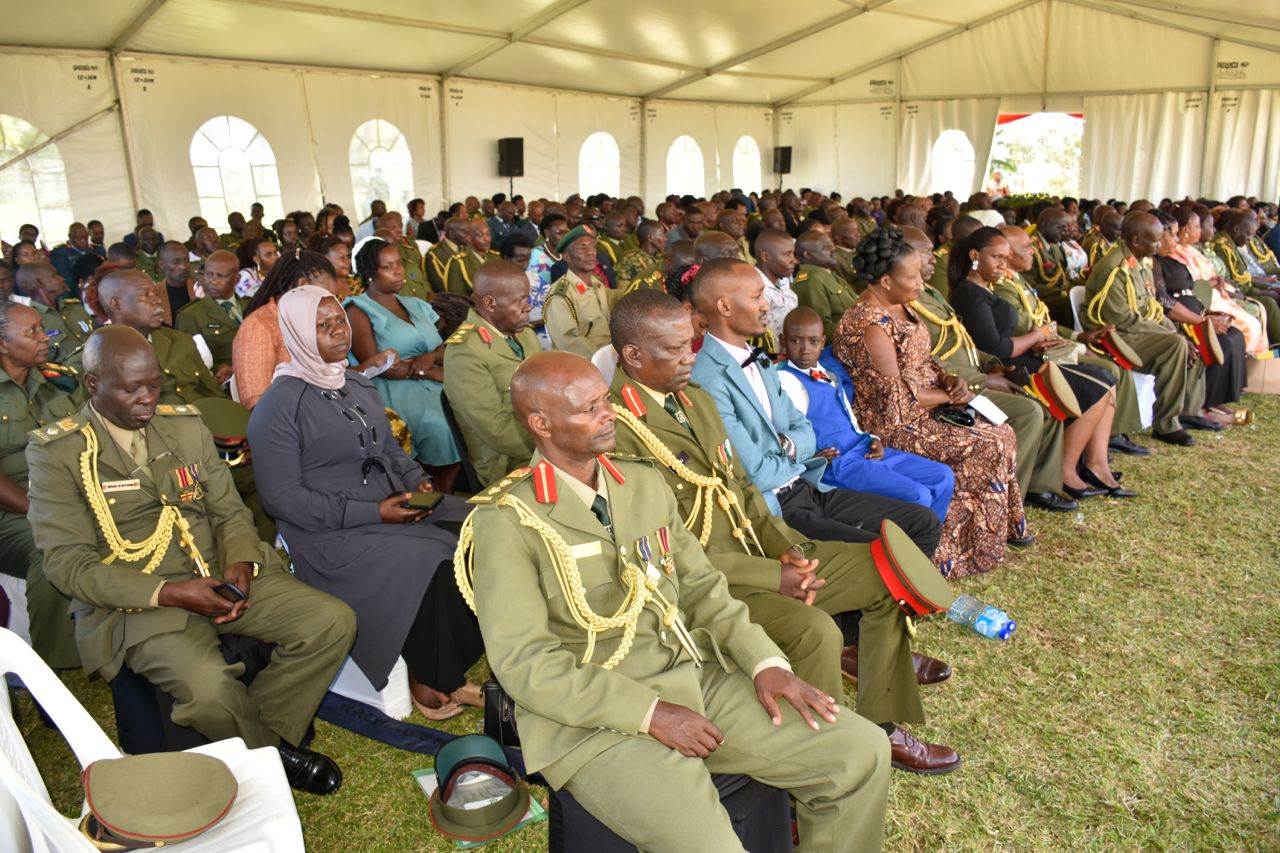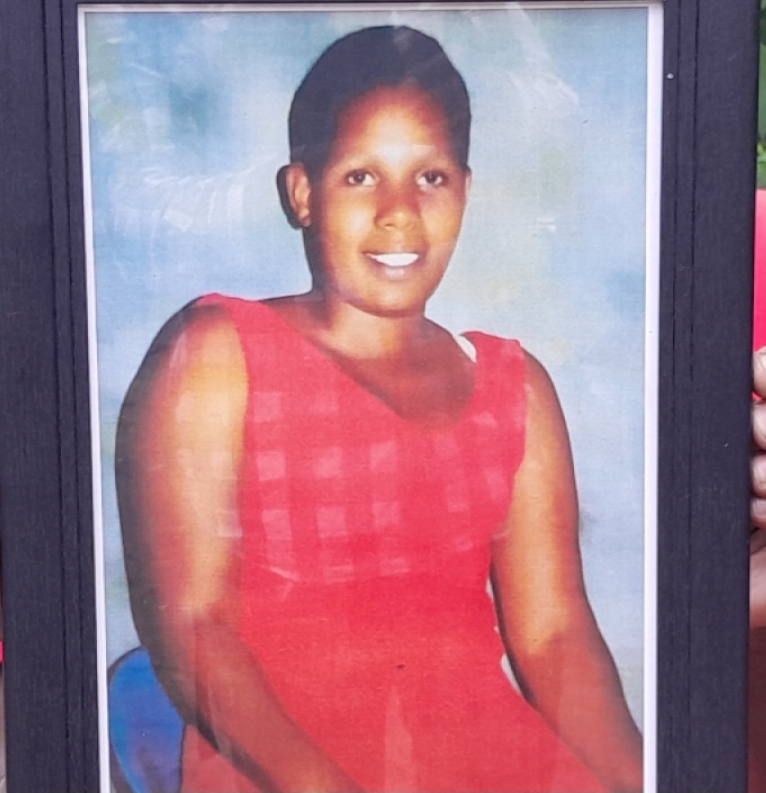OPINION: World Prematurity Day: We need to act now to save newborns
By Joseph Odoi
Today, Uganda joins the rest of the world in celebrating the World Prematurity Day. This Day is observed on 17th November each year to raise awareness of preterm births and the concerns of preterm babies and their families worldwide.
According to World Health Organisation (WHO) data, 15 million infants are born preterm each year, and one million die due to prematurity. Over 60 percent of the preterm births occur in Africa and South Asia.
Preterm birth occurs when a mother delivers before 37 weeks and as a result; the survivors may face a lifetime of disability, including learning disabilities and visual and hearing challenges
In Uganda alone, we still have unacceptably high maternal and neonatal mortality rates. Annually, there is an estimated 85,000 deaths that occur around the time of birth. Of these deaths, 6000 are maternal, 39,000 new-borns and 40,000 still births.
Critical for Uganda is that there’s a policy to implementation gap especially in implementing maternal and new-born interventions at scale mostly in hospitals and district health systems.
Substantial gaps in the quality of care exist across the continuum of women’s and children’s health. Many women and new-borns do not receive quality care even when they have contact with the health system, before, during and after pregnancy and childbirth. There is also great lack in follow – ups which is a must if we are to save these preterm babies. Extension workers need to be greatly facilitated in this regard.
In addition to this, hospitals and health facilities lack an adequate health information system especially for neonatal health as the Ministry of Health (MOH) is yet to develop them. Emerging evidence further suggests that strengthening of individual health units is not sufficient. We need models of care that strengthen both hospitals and referring lower level units.
As we mark the World Prematurity Day under the International Theme: Best Approaches For Saving the Next Baby Born Preterm: Time to Act, it’s important to note that we have made strides as a country but we need models of care that strengthen both hospitals and referring lower level units.
Let me highlight some key approaches that can help Uganda in saving the next baby born preterms;
The first approach is the Manescale Project of Makerere University School of Public Health which developed and evaluated a regionalized healthcare model in Busoga region for babies and mothers.
Under this model, the project helped hospitals and six high volume health IV facilities centres namely:Busesa,Bumanya,Budondo, Kigandalo, Namwendwa and Buyinja start new born care units through remodelling/reconstruction of spaces, and provision of catalytic equipment and medicines. These HC IVs were selected based on the high volume of patients that they receive and manage.
Through this initiative, new-born training of health workers and mentorship were conducted to impart skills around preterm care.
Upon implementation of the Manescale model, facilities reported a reduction in neonatal mortality by 41% in hospitals and 57% in HC IVs of the study sites. As if that is not enough, evidence from the project further revealed that since establishment of New-born Care Units (NICUs), worker motivation to care for preterm has gradually increased.
All these achievements should act as a reminder to government that adopting a regional approach to Maternal New-born Health service delivery comes with multiple benefits to the mother, new-born community, and the entire health system.
Secondly, we need to prioritize creation of breast milk communities and support existing ones like ATTA Breastmilk Community to enable donation of breast milk. Safely donated milk is lifesaving nutrition for preterm and should be made readily available , equitable ,accessible as a temporary source of milk for mothers whose milk is yet to be established
Bridging the gap of in-equity of care amongst preterm babies is another key issue that we need to focus on. Preterm babies are a neglected group of sick new-borns who in many health care facilities lack the necessary medical supplies and equipment to ensure that they can survive through the demanding period after birth.
There is need to fix the frequent stock outs of essential medicines for these preterm babies and provide spaces in health facilities for new-borns plus incorporating enough incubators to boost public facilities.
In terms of technological initiatives, we need to scale up the 10 baby incubator innovation currently at National Referral Hospital in Kawempe. This innovation built by a Ugandan researcher; Christopher Nsamba, has a capacity of carrying up to 10 babies and can make decisions in case of an emergency when a medical personnel is not by an incubator.
The Ministry of Health should start training specialised new-born cadres such as neonatologists and neonatal nurses in preparation for rolling out NICUs countrywide. Once trained, these should accordingly be deployed in hospitals and health centres where new-born sick babies are managed.
In relation to management and combating the burden of premature birth , there is also need to develop long term follow up of surviving preterm babies using continuity of care . This can be achieved by skilling village health teams or health extension workers.
Evidence - wise, we need to strengthen use of data as a key tool for decision making since it facilitates follow up (due to registers/charts) and review of maternal and neonatal events for a given time. There is great need for empowering and facilitating extension workers to offer follow up care for the preterm babies.
Another initiative is advocacy currently being taken by the Uganda Pediatric Association (UPA): where the association participates and mobilizes its members to be part of several initiatives to promote the care and management of a preterm baby.
To enable this initiative nationally, The UPA developed a guideline for the management of sick and small new-born. This guideline can be used by health care workers at all health centres and hospitals.
In terms of policing, there is also need to strengthen leadership capacity and support for continuous problem identification and solving around Maternal and New-born Health. This can done through engagement of leaders such as hospital directors, District Health Officers, heads of maternity and paediatric units, MOH and other partners in facilitated peer to peer meetings within the individual hospitals, health facilities and at regional level.
Finally, since most deaths of both mothers and preterms occur during or soon after birth, government should prioritise maternal and new - born through financing research whose end is to identify major causes and offer solutions to minimise preterm births and implementation of preterm related efforts in the country. Preterm birth has major impacts on survival, quality of life, psychological and emotional stress on the family and costs of health services. Improving the outcome for these vulnerable babies and their families should be made priority, and prioritizing research is advocated as a pathway to this.
By Joseph Odoi
Email:josez7jones@gmail.com
Phone Number:0778692471



